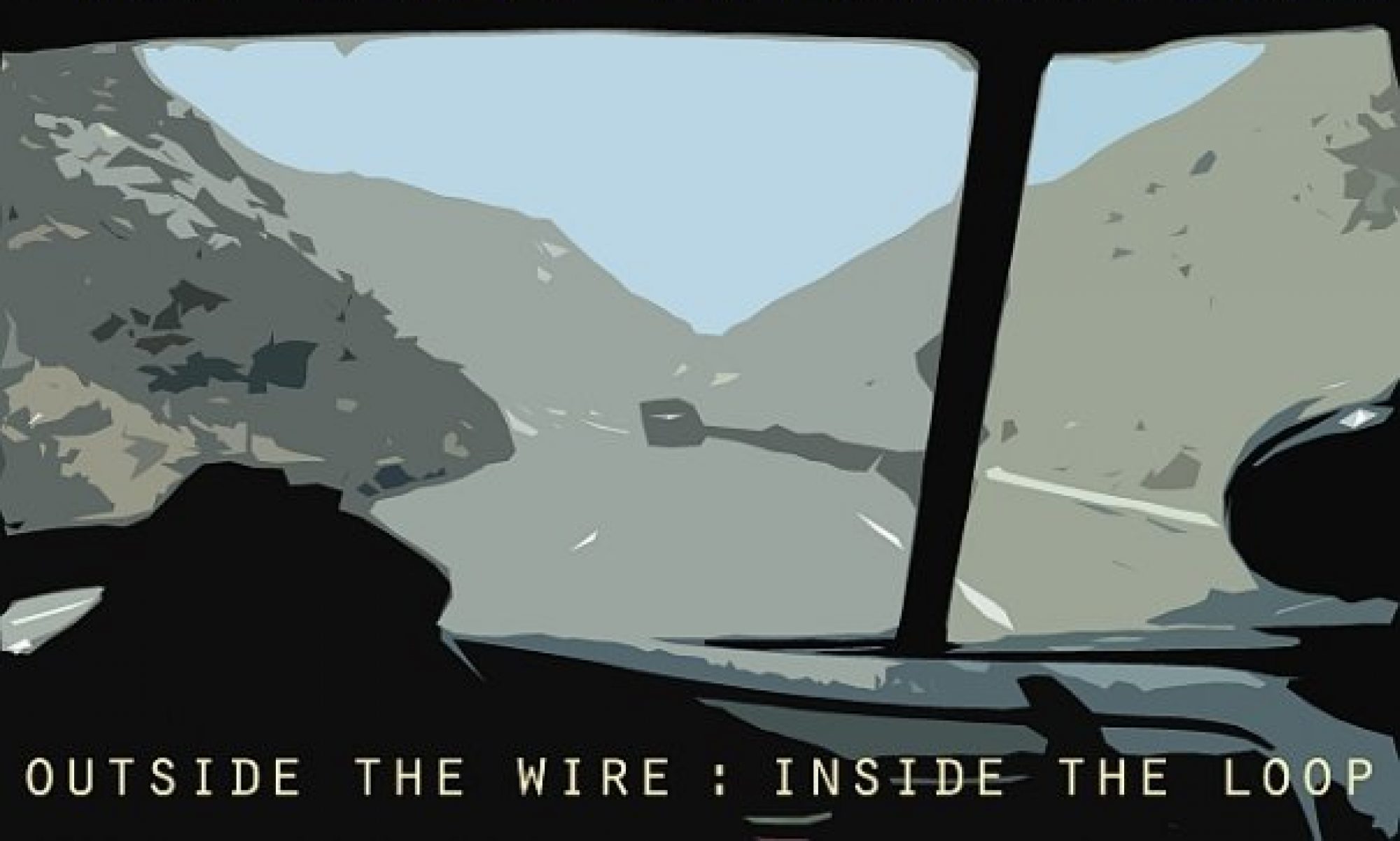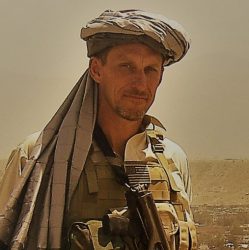The American military was welcomed by a vast majority of the Afghan population when it entered the country in 2001. We helped rid the country of an unpopular, dysfunctional government and seemed to have set the conditions for sustained peace in a country that has known war for a generation.
We should have finished our mission to Afghanistan in December 2001 when we had Osama bin Laden (OBL) trapped, but instead, we snatched defeat from the jaws of victory. Frantic requests from the special operators in Tora Bora for American troops to seal the escape routes into Pakistan were ignored by CENTCOM. Reportedly because the generals feared a “meat grinder” or “another Mogadishu” or “offending our Afghan allies”. When OBL slipped away into a dark Pakistani night, our mission to Afghanistan expanded and expanded. Sixteen years later, there is no end in sight.
Potential losses in risky operations should be evaluated against the mission. Confusing the importance of killing bin Laden with a mission involving the arrests of Somali warlords is a failure (in my humble opinion) at the highest levels of command. But when CENTCOM went to the White House seeking guidance from on high, killing bin Laden took a back seat when former Secretary of Defense Rumsfeld handed them back their Iraq war plan and said he wanted a new one in five days. Unbelievable.
When bin Laden escaped, we decided to stay, and despite near-universal acceptance by the Afghan people at the start of our effort, we have, to date, failed. The warm welcome both aid workers and the military patrols received from 2002 through 2006 in rural Afghanistan is long gone. Kabul is now a dangerous place for internationals because the Afghans are frustrated, bitter, and angry at what some see as incompetence and others see as deliberate sabotage of Afghanistan and her people.
A good example of our bad start would be America’s initial efforts in Helmand province. In late 2002, a U.S. Special Forces A Team arrived in the capital, Laskar Gah, and immediately offered bounties for “former members of the Taliban”. Mike Martin describes what happened next in An Intimate War: An Oral History of the Helmand Conflict, (p. 125)
Early in January 2003, for example, Abdul Kadus, a seventeen-year-old orphan from Nad-e Ali, was arrested by Mir Wali’s forces in what appears, from the Guantanamo documents, to be a ‘sting’ in order to gain the bounty offered. In an almost exact copy of this modus operandi, Mohammad Ismail, a sixteen-year-old, was arrested, also in Gereshk. They share consecutive Guantanamo inmate numbers, although the records are unclear about their exact date of arrest.
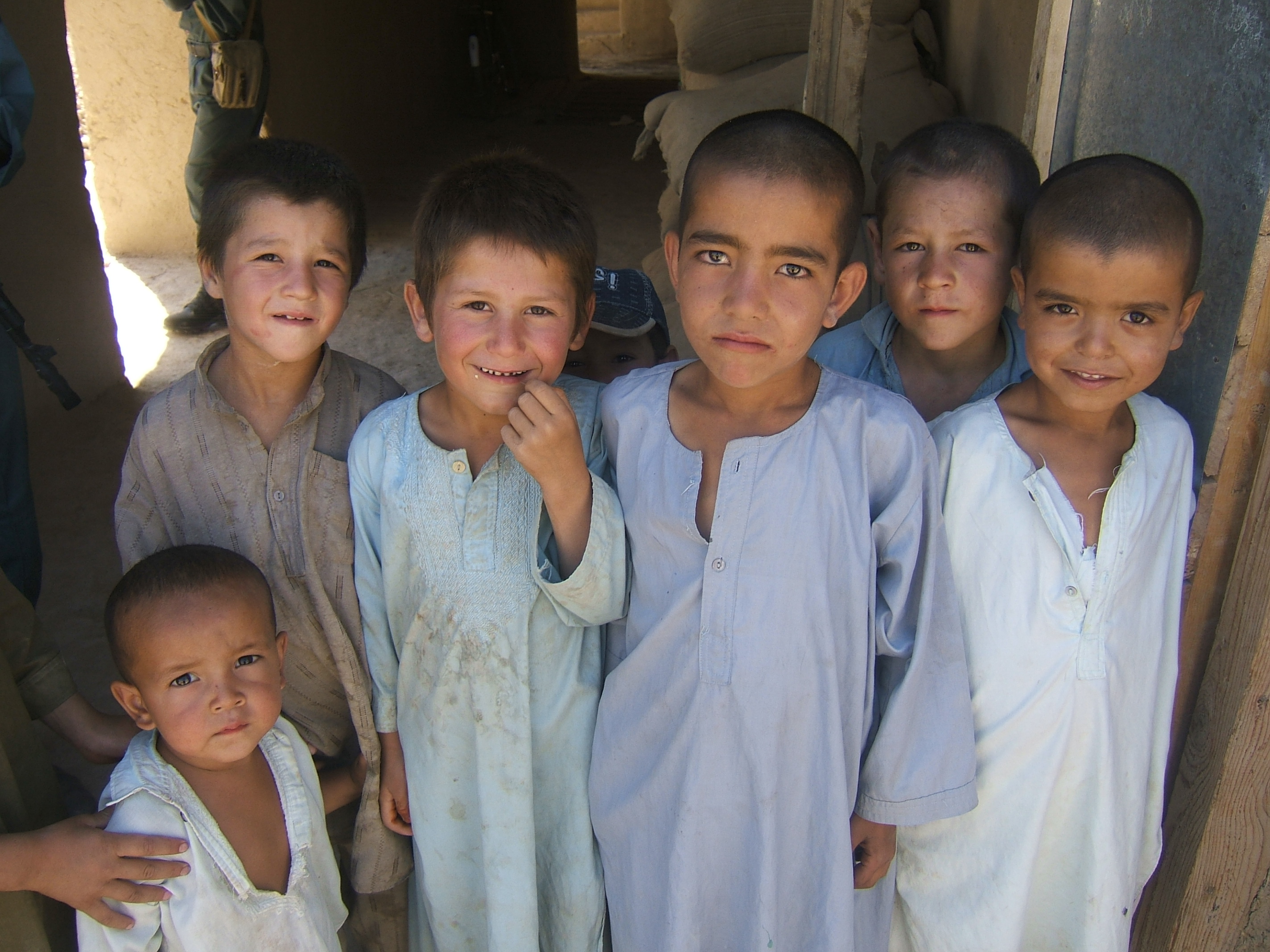
Were I on active duty and sent with a team of commandos to Lashkar Gah in 2003, I would have done the same thing; I knew nothing about Afghanistan back then. The SF team in Lashkar Gah did what they were told to do, and pointing out the flaw in their plan isn’t to illustrate malfeasance because there was none. In 2017, this story is important only in how the Afghans saw and interpreted those events and our subsequent actions
I believe that the Afghans saw us as both seriously dangerous and naively stupid. Their elites played us for years to settle scores, steal land, or collect a king’s ransom by turning over illiterate orphans to SF teams. The average Afghan was (in my experience) baffled by our incompetence but willing to participate with us in the reconstruction effort.
Contributing to both poor program management and alienation from the Afghans (we were supposed to be helping) were unnecessarily restrictive security rules. B6-level armored SUVs, armed, high-end western mobile security teams, hardened compounds, and lavish life support were mandated for westerners working USAID or State Department contracts. That crippled our reconstruction efforts from the start and in the ensuing years we not only accomplished little but lost track of 70 Billion dollars.
By 2009, USAID was experimenting with alternative implementation profiles, including using former soldiers in direct implementation projects, thus eliminating the need for armored vehicles, security escorts, specialized compounds, etc. That was how Ghost Team started, and despite delivering massive projects on time and budget, it turned out to be too little and too late.
Here is another cultural dynamic in which we are tone deaf (due to political correctness) and need to wise up: our fascination with female empowerment. Here’s why: if your tribe lives in a society of scarce resources and makes an equal investment in educating and training both boys and girls, your tribe is going to starve.
In rural Afghanistan, women spend most of their adult lives producing and raising children regardless of their level of education. Efficient allocation of scarce resources would dictate investing those resources in family members who will use them for the benefit of the family. Most Afghans I met have no issue with sending their daughters to school when they are young, but investing the resources to train a daughter to become a lawyer would be as foolish as training a son to be a midwife. In rural Afghanistan a female lawyer will spend her life inside the compound of her husband’s family just like her illiterate neighbors. Every penny spent educating her would have been wasted, and rural Afghans don’t have the disposable income to waste.
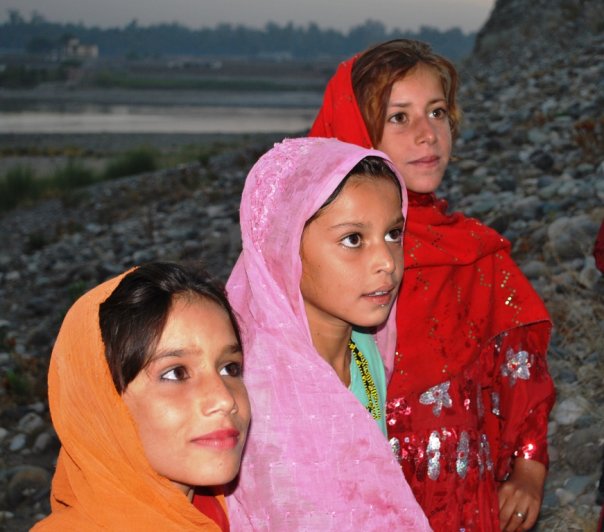
The Afghans may see more benefit in allowing all their children access to higher education in time, but probably not before they have electricity, running water, paved roads, plumbing inside their homes, and security.
America and the 41 other countries contributing to Resolute Support will stay in Afghanistan, intending to see things through to an acceptable end-state. That is going to take time, and it is going to generate more casualties; the loss of talented, experienced combat soldiers will continue. The countries that lost those soldiers did not want to continue. America has already made it clear we’re not interested in continuing now, and we have much more to endure before anything gets remotely better.
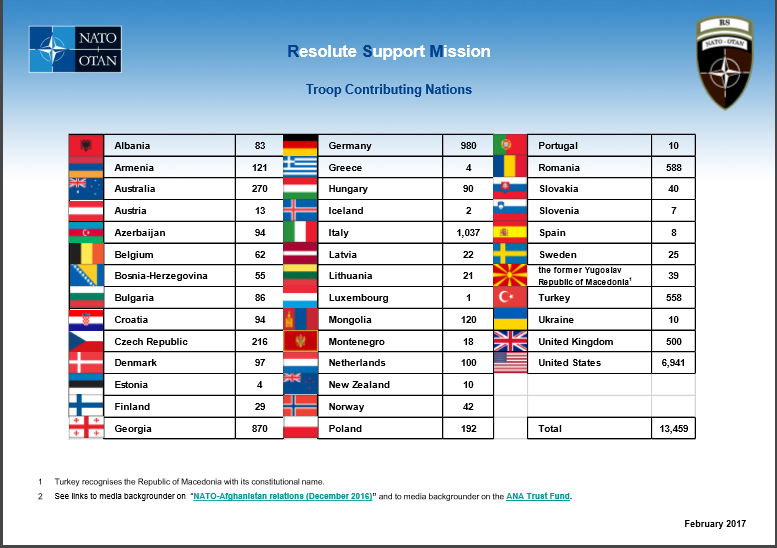
During the dark days ahead, it is essential to understand how our misguided efforts contributed to this mess and the impact that they have had on a civilian population that wants to be left alone in peace.
